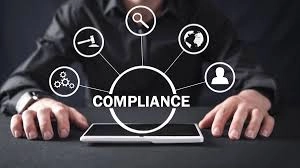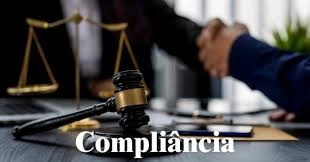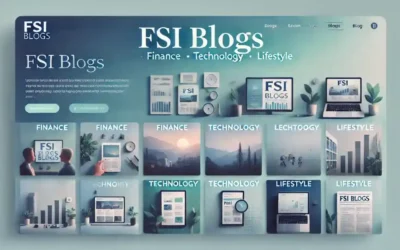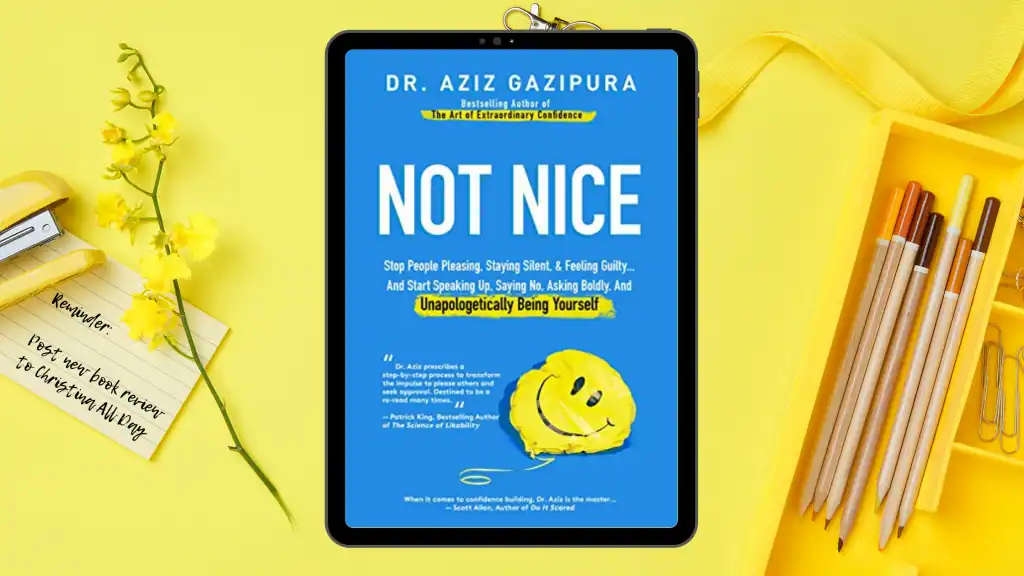Compliância: Navigating the Complex World of Compliance

Understanding Compliância
Compliância, a Portuguese term, translates to “compliance” in English. In essence, it refers to the act of adhering to rules, regulations, standards, and ethical norms within an organization. It’s about operating responsibly and meeting legal obligations across various areas such as governance, risk management, regulatory compliance, ethics, and data privacy.
The Importance of Compliância
Compliância is more than just checking boxes; it’s a strategic approach to business operations. Here’s why it matters:
- Risk Mitigation: By adhering to laws and regulations, organizations can reduce the risk of legal penalties, financial losses, and reputational damage.
- Building Trust: Demonstrating a commitment to compliância fosters trust among customers, investors, and stakeholders.
- Operational Efficiency: Effective compliância programs can streamline processes, improve decision-making, and enhance overall organizational performance.
- Ethical Conduct: Compliância promotes ethical behavior and a culture of integrity within the company.

Key Components of Compliância
A robust compliância program encompasses several key elements:
- Risk Assessment: Identifying potential risks and vulnerabilities to develop targeted compliance strategies.
- Policy Development: Creating clear and comprehensive policies that outline expectations and procedures.
- Employee Training: Educating employees about compliância requirements and their role in maintaining compliance.
- Monitoring and Auditing: Continuously monitoring compliance efforts and conducting regular audits to identify gaps.
- Incident Response: Developing procedures for handling compliance breaches and taking corrective actions.
Challenges in Achieving Compliância
Implementing and maintaining compliância can be complex due to the following challenges:
- Evolving Regulatory Landscape: Keeping up with changing laws and regulations can be time-consuming and resource-intensive.
- Global Operations: Organizations with operations in multiple countries face the challenge of complying with different legal frameworks.
- Technological Advancements: New technologies introduce both opportunities and risks, requiring continuous adaptation of compliance measures.
- Human Error: Despite best efforts, mistakes and oversights can occur, leading to compliance breaches.
Best Practices for Effective Compliância
To achieve and maintain compliância, organizations can follow these best practices:
- Leadership Commitment: Strong support from top management is essential for creating a culture of compliance.
- Dedicated Resources: Allocate sufficient resources to the compliância function.
- Technology Integration: Utilize compliance management software and tools to streamline processes.
- Employee Involvement: Foster a culture of compliance through employee training and awareness programs.
- Continuous Improvement: Regularly review and update compliance programs to address emerging risks.

Compliância in Everyday Life: More Than Just Business
While compliância is often associated with corporate regulations and legal frameworks, its principles extend far beyond the boardroom. In fact, compliância plays a crucial role in our daily lives, shaping our interactions, behaviors, and overall well-being.
Compliância in Personal Life
- Traffic Rules: Adhering to traffic rules and regulations ensures the safety of yourself and others on the road. This is a fundamental form of compliância in our daily lives.
- Consumer Rights: Understanding and exercising your consumer rights is a form of compliância. When you return a faulty product or dispute a bill, you are ensuring that businesses comply with fair practices.
- Ethical Behavior: Treating others with respect, honesty, and fairness aligns with ethical principles, which can be considered a form of personal compliância.
- Health and Safety Regulations: Following guidelines for food safety, hygiene, and workplace safety demonstrates personal compliância and contributes to a healthier society.
Compliância in Community Life
- Community Rules: Adhering to neighborhood rules, respecting common areas, and participating in community initiatives fosters a harmonious living environment.
- Voting and Civic Participation: Exercising your right to vote and engaging in civic activities is a form of compliância to democratic processes.
- Environmental Responsibility: Recycling, conserving energy, and reducing waste are examples of environmental compliância that contribute to a sustainable future.
Compliância in the Digital World
- Online Privacy: Protecting your personal information and being mindful of online privacy settings is a form of digital compliância.
- Copyright and Intellectual Property: Respecting copyright laws and intellectual property rights is essential for maintaining a fair digital ecosystem.
- Cybersecurity: Protecting your devices and personal data from cyber threats is crucial for digital compliância.
Conclusion
Compliância is a multifaceted concept that permeates every aspect of our lives. Whether it’s following traffic rules, respecting others, or protecting our personal information, we are all practicing compliância in one way or another. By understanding the importance of compliância and incorporating it into our daily lives, we contribute to a safer, fairer, and more harmonious society.










